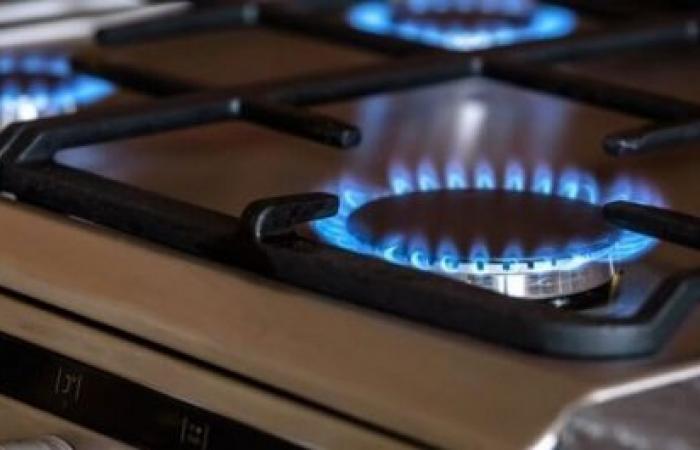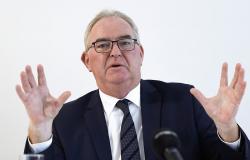(Ecofin Agency) – In sub-Saharan Africa, which represents around half of the global deficit in access to clean cooking, 29 countries have rates below 20%. A large part of this shortcoming is due to the low purchasing power of rural populations who cannot equip themselves with the required devices.
In 2023, more than 2 billion people around the world did not have access to clean cooking solutions according to the International Energy Agency (IEA), or around a quarter of the planet’s population. Africa, where around half of these people live, is particularly affected by the problem due largely to the cost of equipment that is not affordable for most households.
This is what the report states: Overcoming Barriers To Clean Cooking Goals For The Future » published in December 2024 by the OPEC fund. According to the document, the simplest improved stoves cost between USD 15 and USD 30, which would represent around a third of the monthly income of low-income households in sub-Saharan Africa. Electric and liquefied petroleum gas (LPG) stoves cost on average $50 to $100, or between half and three-quarters of the monthly income, while biogas stoves and digesters can be several times more expensive.
The problem of affordability is particularly acute in rural areas where lack of infrastructure and weak markets lead to higher distribution costs. The report nevertheless highlights a series of potential solutions to meet this challenge. Public subsidies could thus reduce costs for the poorest households, but they must be well designed and targeted. Furthermore, tackling market distortions is necessary to maximize their impact.
On the private sector side, the report recommends that companies operating in clean cooking develop business models that maximize affordability, such as pay-as-you-go and using carbon credits to reduce prices.
Abdullah Diop
Business






